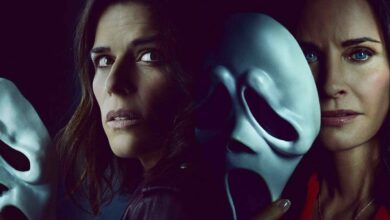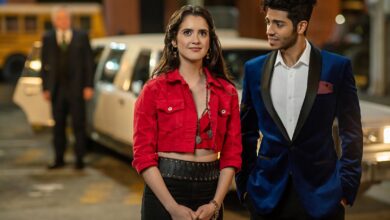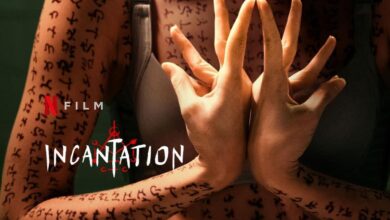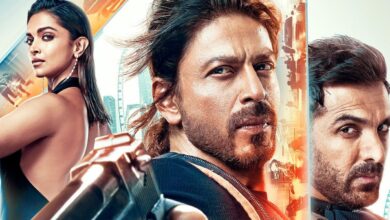Thunderbolts Movie Review: The Charisma of the Cast, Which Makes Imperfect Characters Credible and Fascinating?
Thunderbolts is one of the highly anticipated and also feared by Marvel fans and by Disney, lately struggling with many problems regarding the MCU, with considerable ups and downs, and the feeling of having lost grip with the public. It will not be this film, directed by Jake Schreier and in theaters from April 30, to reverse the trend, even if some improvement compared to the average of Phase Four and Phase Five is clear, but not sufficient, for now, at least. The Marvel Cinematic Universe has a tremendous need for news, for fresh and new characters, for something that gives the proverbial jolt to a macro-plot that slowly brings us closer to the “day of judgment”. Thunderbolts is perhaps the right movie at the right time: it does not revolutionize, but gives a breath of fresh air to the cinecomics made with the stencil. It is a choral film, yet it is also a small story. It is a work of “interlude” which, however, begins to move something interesting. It is a classic adventure of anti-heroes who rediscover their heroism, but on a more intimate scale, in a more measured proportion. Thunderbolts is not a defect-free film, but also has some big surprises.
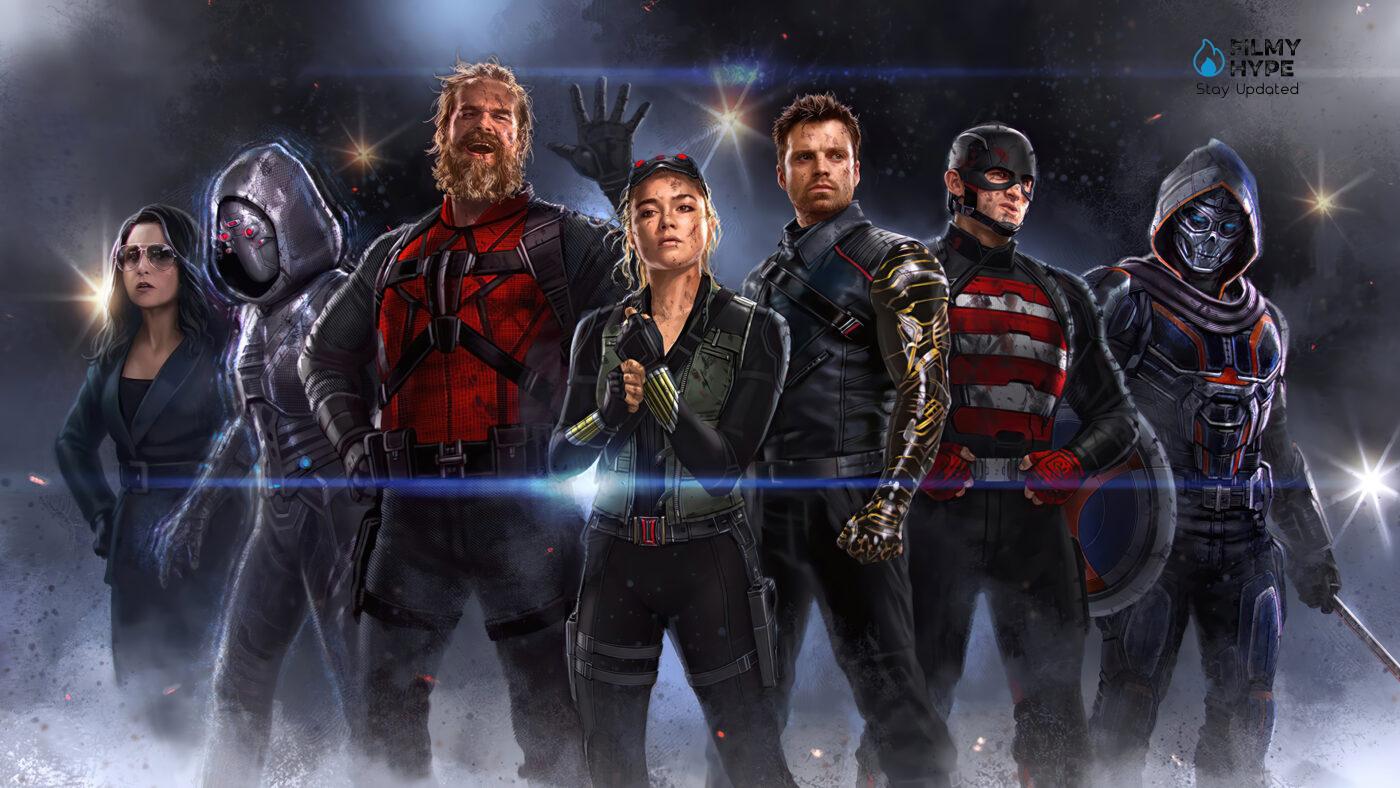
We like losers, we love them for a variety of reasons that connect both to the ease with which you can get in touch with them, and because they remind us that in the world not everything is perfect, and that sometimes it is precisely the defects and imperfections that make us unique, to distinguish us from those same unattainable models that continue to inspire us. In a narrative context that seems to have lost its immortal icons, they are the protagonists of Thunderbolts to bring new hope, following completely unexpected and personal paths, but also and always over the top. Direct from Jake Schreier (Robot & Frank, City of paper…), written by Lee Sung Jin, Joanna Calo and Eric Pearson, and based on the homonymous group of Marvel Comics, Thunderbolts immediately remembers other works on the same wavelength as The Guardians of the Galaxy or The Suicide Squad, however, embodying his intentions in his own way. All the charm of the film, not surprisingly, is based on a world that MCU fans are learning to frame, with the insertion of figures other than the usual. The last in the row will have to find a square between what they are and were, and the possibility of making, perhaps, the difference in contact with the right opportunities.
Thunderbolts Movie Review: The Story Plot
Thunderbolts starts again immediately after the events of Captain America: Brave New World, with a confused, chaotic international scenario, in which the United States feels vulnerable to the new, great threats of this world and any other, given that the Avengers they are gone and therefore a new way must be found to defend the American people. Perhaps the solution lies in giving a group of ex-criminals, hit men, and series b superheroes a second chance in search of redemption. We are talking about Yelena (Florence Pugh), U.S. Agent (Wyatt Russell), Ava Starr (Hannah John-Kamen), Taskmaster (Olga Kuylenko), Red Guardian (Robert Harbor) and even him, Winter Soldier (Sebastian Stan), who among all would seem the least worn, given his new career as Senator of the United States. However, they will be forced to join forces both to survive the ruthless CIA leader, Valentina Allegra de Fontaine (Julia Louis-Dreyfuss), who wants to get rid of them to cover up their wrongdoings, and what Bob Reynolds (Lewis Pullman) could do. This is a mysterious and somewhat disturbed guy who ended up in the center of a secret research program called Sentry, whose results, however, will be unpredictable.
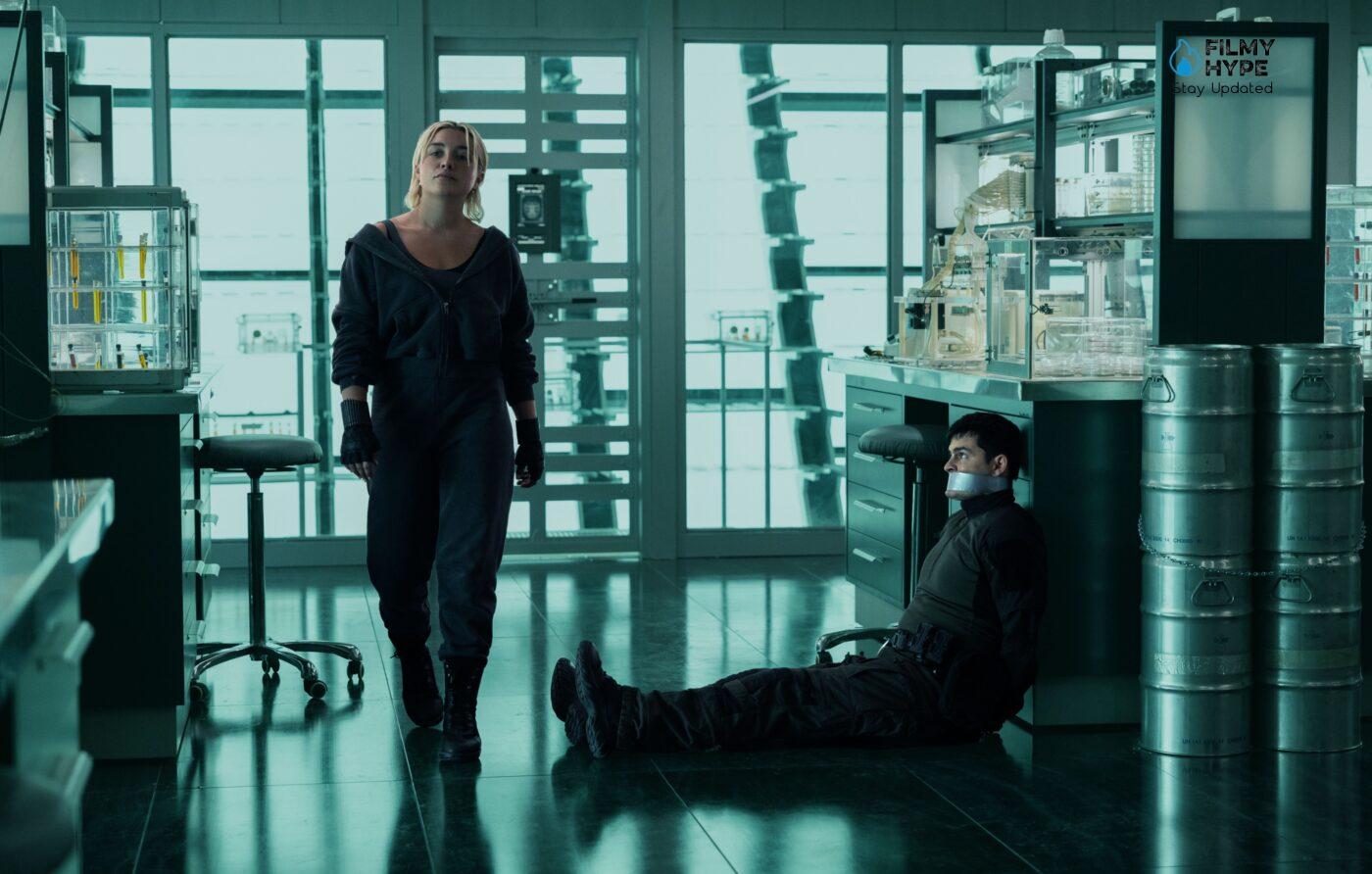
Thunderbolts is a choral film, but only in part, because Florence Pugh, her new Black Widow, has more and more space at the center than the others, here in full existential crisis, after losing Natasha, has clung to work, but that work is no longer enough for her. Not even enough for others, good or bad, self-survivors, at a time when superheroes were still popular, loved. It is curious to note how Thunderbolts propose a sort of metaphor in the concept of revival, which could be applied to the same Marvel Cinematic Universe, which, after the glories of the last decade, from Endgame onwards, has no longer managed to maintain the same rhythm of successes and consents. Waiting for The Fantastic Four – The Beginnings, it remains to be understood how much and if this film, which takes secondary characters, and tries to get out of it something that can resemble in flavor, smell, and appearance, what James Gunn gives us with The Suicide Squad. All in all, an enjoyable film is furious, acceptable according to the canons of modern cinecomic, but finishes there. It is therefore not a film of rebirth; in the restart, it is an attempt to create a sort of cinematographic CDO, in the hope that someone will buy it.
Thunderbolts Movie Review and Analysis
Thunderbolts employs irony primarily through David Harbor, the company’s most inspired performer and a fundamental pillar of the narrative. However, Lee Sung Jin’s script, along with Joanna Calo and Eric Pearson, lacks depth and fails to provide each character with a distinct identity. The various qualities and problems are revealed too late or not at all. Then there is Sentry, who, on one hand, is portrayed credibly by Pullman, able to perfectly embody insecurity, deep emotional trauma, and existential anger—the significant, real issues of our time. On the other hand, the script does not supply enough substance to elevate the character beyond predictability. However, Thunderbolts does not lack positive aspects, such as a good number of freebies and quotes from the 90s. Iconic actions, wink at the Simpsons, John Woo’s cinema, and then here is Brightburn and Fox’s X-Men. There is, however, the persistent feeling of having to do with a sort of live action copy of Invincible, moncata of anarchy and unbridled audacity. It will be because we don’t believe in these superheroes much, or it will be because everything appears to be put there in a hurry to try to have an acceptable result.
The protagonists tend to resemble each other, and if enough is earned, the same cannot be said for memorability. The fighting scenes are a set of deja vu behind the other, too many Spiegelman, the interactions are purely instinctive and irrelevant. The evolution of the various characters, except Sentry, cannot completely talk to us about anything more than social anxiety, and after a while, it is truly exhausting. Thunderbolts, the nails only show them to the finale, when playing a psychedelic journey as a fool, but only for a few moments, and it is not clear why, since the idea could be developed crazily and creatively, and make a jump of decisive quality. The final impression is that of a makeshift cinecomic, as was Captain America: Brave New World and most of the other films and TV series that Marvel has released on the small and large screen in recent years. The truth is that great protagonists are missing, great characters with interesting luggage. Will The Fantastic 4 and the new Avengers suffice? Maybe the genre has tired, the audience has grown, and wants more. You simply have to accept it.
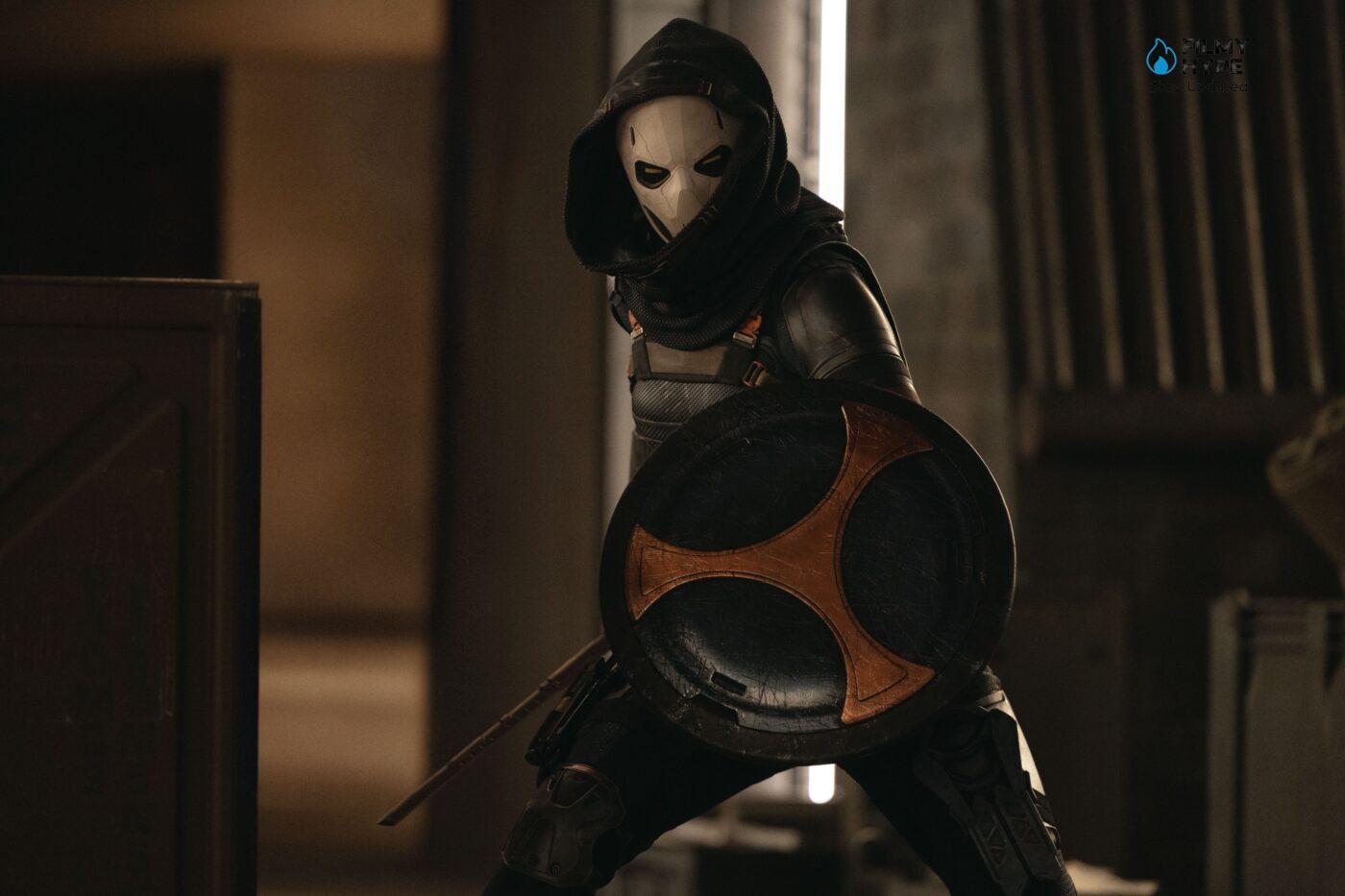
It is a canvas certainly already seen, which deliberately pays homage to schemes already explored, but which results original for the way it chooses to face and deepen the traumas of most of the cast. Men and women are broken by regrets, losses, and mistakes. Of course, however, it is not that all the gears of this mechanism rotate perfectly: some characters are forcibly less impactful and central than others, as well as less space is granted to the respective backstories. If Hannah John-Kamen’s Ava Starr remains mostly in the background, little in depth compared to her role as an antagonist in the second chapter of Ant-Man, Wyatt Russell’s John Walker gives a good continuation of the themes proposed by his “fake” Cap America in the 2021 series, but with less emotional strength and more propensity to the speck. With all due respect to a Sebastian Stan who with his Bucky is a sort of leader despite himself, the glue that holds together a badly assorted band but that cannot impose his leadership, however giving an always excellent physical charisma in the few scenes action.
Unexpectedly, the protagonist, on several fronts, is instead the Yelena Belova of an increasingly convincing Florence Pugh, which brings beautifully painful and complex issues such as depression, apathy, and mourning. The new Black Widow, much more tied to its killer past than to its heroic propensity, is well supported by the figure of Red Guardian: a David Harbor carrying almost all the comic component of the film, also managing to be intense and profound in his role as father and fallen soldier. Thunderbolts is a successful team-up halfway, in terms of alchemy and deepening of the characters, because it cannot give a suitable space to all its main faces but still succeeds in its intent: to entertain on one side and to reflect on the other, in a cinecomic in which the real threat it is not the enemy on duty, but its inner demons and the terror of loneliness.
Precisely for this reason, after all, Thunderbolts is a successful operation despite its shortcomings, both in terms of rhythm and management of the material involved. Because it is an atypical cinecomic in its anti-climactic being: it starts in the heart of the action and then relaxes, takes its own time, and leads towards a final confrontation that is a non-battle, because it takes place mainly on an emotional and psychological level. And precisely for this mask, sometimes a little awkwardly, its action segments: more convincing when the action is more physical and realistic, less impactful in the superheroic phases, with a half-centered Sentry. The MCU version of the superhuman complex, equipped with the strength of a thousand suns that explode, is an archetype still embryonic concerning the starting material: is a functional trigger for the development of the Thunderbolts and, as regards the staging and some narrative dynamics that concern him, not everything is always in focus.
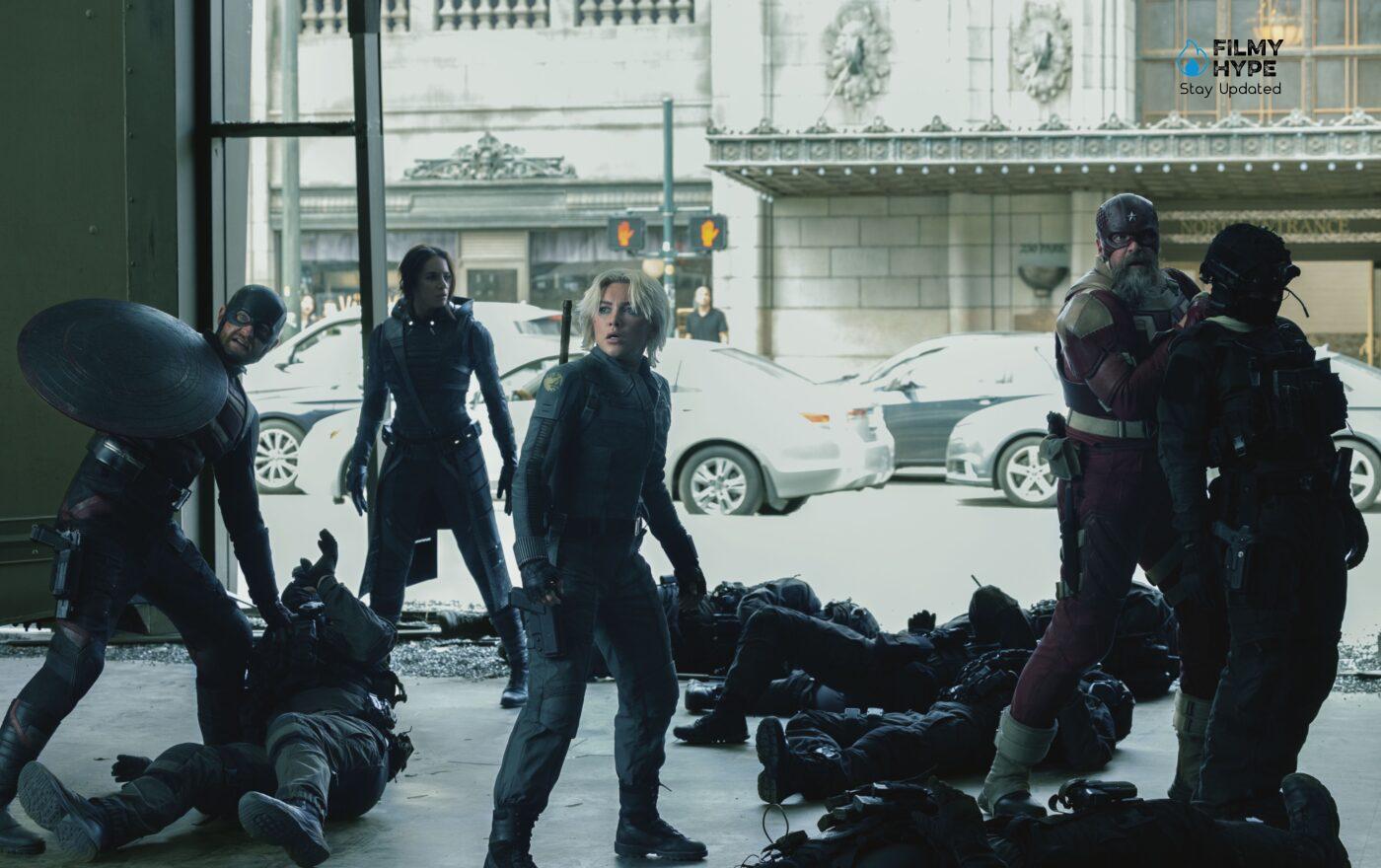
The cinecomic directed by Schreier still offers a good dose of fun and sets up an excellent worldbuilding, especially with a view to an ending – and a post credit – that finally return to shake the status quo of the Marvel Cinematic Universe, with a series of small surprises that, however vaguely predictable, make you savor the arrival of something important. Finally restoring, after so many years, a sense of continuity and expectation for the future developments of the Saga. Thunderbolts marks a discreet shuffle of quality in the uninspiring last phase of the Marvel universe and a decisive step forward compared to the last Captain America: Brave New World, the narrative and qualitative terms. We are far from the best glories of MCU history, and the superheroic hangover is over. Disney studios have noticed that, to put together a decent box office, it is now necessary to make films for good, so that the public is no longer willing to go to the movies with a closed box, blindly trusting the fair Marvel.
Lo effort to make a film pleasant to the vision and with an intriguing plot is very clear since the start of the film, as well as the gap between the intentions, commitment, and talent of some of the names involved. Gallery When starting the film, for example, we follow Yelena Belova long a long action scene in which she tells us about the lack of goals and objectives, the existential void she feels, while shooting the usual members of private security who stand between her and the goal of the mission. There is a nice sequence shot from above of a white corridor in which the mercenary fights while the camera follows its movement from left to right. A passage that wants to be spectacular and that has required careful planning of choreography, stunts, and interpretations. The director Jake Schreier, however, is neither Sam Raimi nor Gabriele Mainetti: he is an honest crafter with a past closer to the drama comedy than to the big blockbuster. This poor predisposition to the genre, at least, of experience in it is noted in the difficulty of giving charisma and character to the film.
Instead, it seems to emulate examples of the Marvel world and cinema by Gondry and Jonze for the second visual gimmick of Thunderbolts, the one that brings the shabby group of protagonists into a sort of parallel dimension populated by the traumatic memories of those who enter it. Also, in writing, we find an interesting signal of how Marvel moved. To write these Serie B heroes and with many personal torments, who tend to make unforgivable mistakes just in an attempt to be better, as the Avengers are an MCU habitué like Eric Pearson (who conscribed the new Fantastic Four) and Joanna Calo, with strong experience in serial and television. Inspired by the stories of the Marvel run dedicated to the clash between two factions that vie for the title of “real Avengers”, it is these writers who give Thunderbolts narrative solidity and emotional richness.
Here too nothing new, on the contrary: unlike Brave New World – whose main advantage was precisely that of being a well-tuned film on contemporary frequencies – Thunderbolts seems a late addition to the trend that was strong a few years ago on the psychological narration trauma, guilt, on the difficulty of not giving in to remorse for past mistakes and seduction for potential missteps present. There are essentially two convincing elements of the film at the plot level. The first is a return to the human and terrestrial dimension of the narrative, far from the gigantism of certain past excesses. The “heroes” who are part of the team are very fallible, with limited capabilities. This is good for the film because it allows you to create drama with the simple fall of a crane or the debris of a building that is collapsing on passersby. It takes the whole team to lift rubble, to save a little girl, where other Marvel heroes would need a blink of an eye.
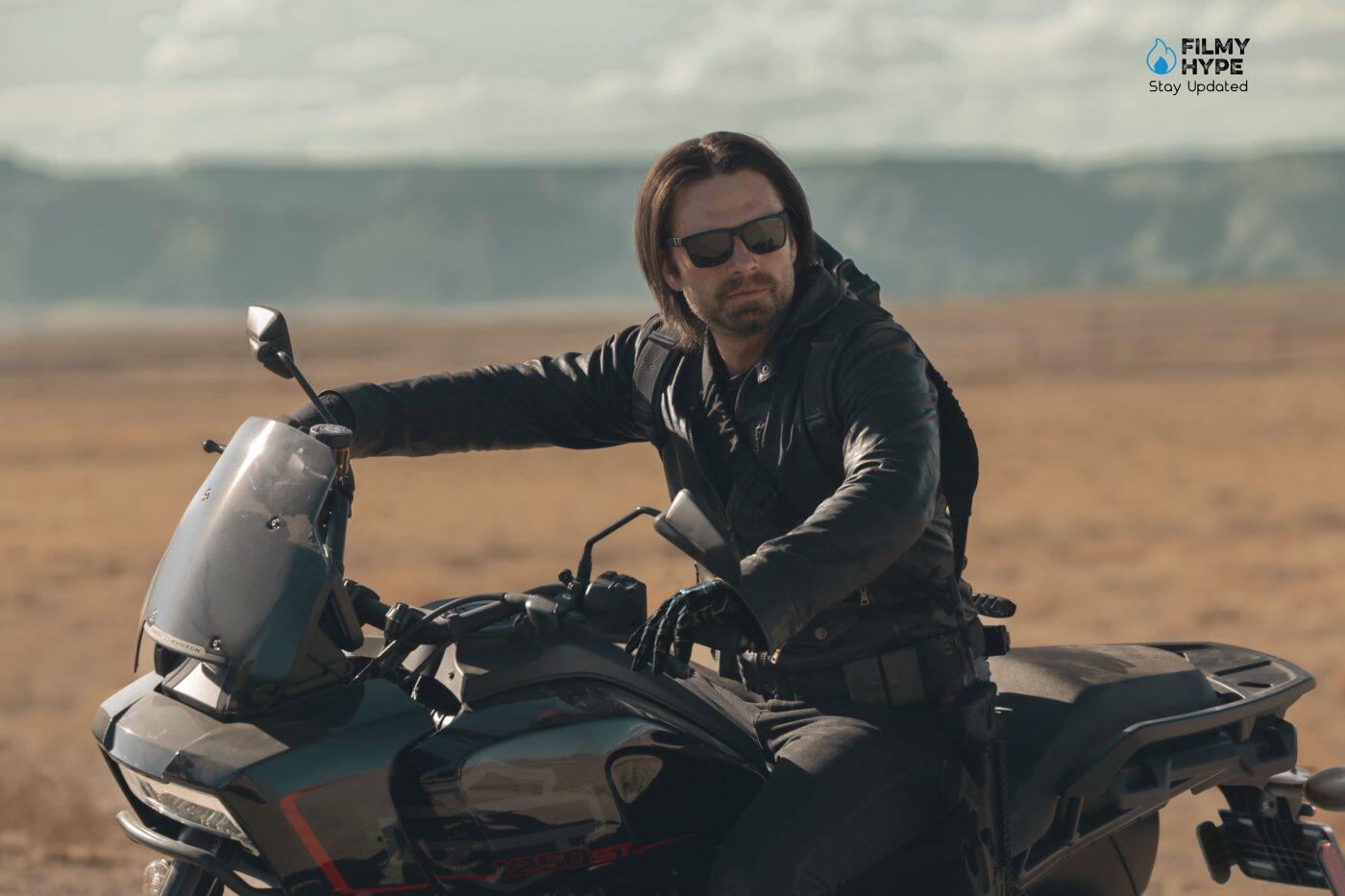
The second concerns precisely the difficulty being heroes in a world where black and white seem to have disappeared, replaced by infinite moral shades of gray. In this Thunderbolts, the good and the bad are so intertwined with each other that it is impossible to understand how to behave for its tormented protagonists, who have lost their points of behavioral references, coincidentally, all ex-Avengers. It is a less positive world, less in focus than that told here, compared to a certain unshakable certainty that guided the first Avengers. In this sense, Thunderbolts collects the Brave New World witness (with which he talks in the two final scenes in the closing credits), telling a world in which political and corporate interference is attempting to transform the action of superheroes into a business, a question of image or a pawn on the political chessboard. The character symbol of the film is Valentina Allegra De Fontaine, a role that here Julia Louis-Dreyfus resumes and expands, as a woman capable of always falling on her feet, who even dreams of holding the citizens’ security business in hand with a private superhero.
Unfortunately for Thunderbolts * the comparison with Prime Video’s The Boys series is merciless. Both titles tell the interference of politics and large companies in the superhero business, but on this point, the Prime series beats many others. Thunderbolts * instead remains on the threshold, leaving us only to glimpse the cynical and dark film that could have been, taking full advantage of Valentina’s character, her ability to always fall on her feet, her “superpower” to manipulate others for their political and personal aims. Maybe the blackest passage is the credits, in which suddenly we are pulled out from the internal point of view of these suffering heroes and we see them with the eyes of the press, of ordinary people, who see their shortcomings, their defects. However being constructed with criteria – that of making a good film in full and not just a Marvel film that works – Thunderbolts has a very powerful weapon, which it uses best: its protagonists Sebastian Stan and Florence Pugh, surrounded by a cast of less banal names than usual and all very good at bringing out a certain depth, a certain roughness from their characters.
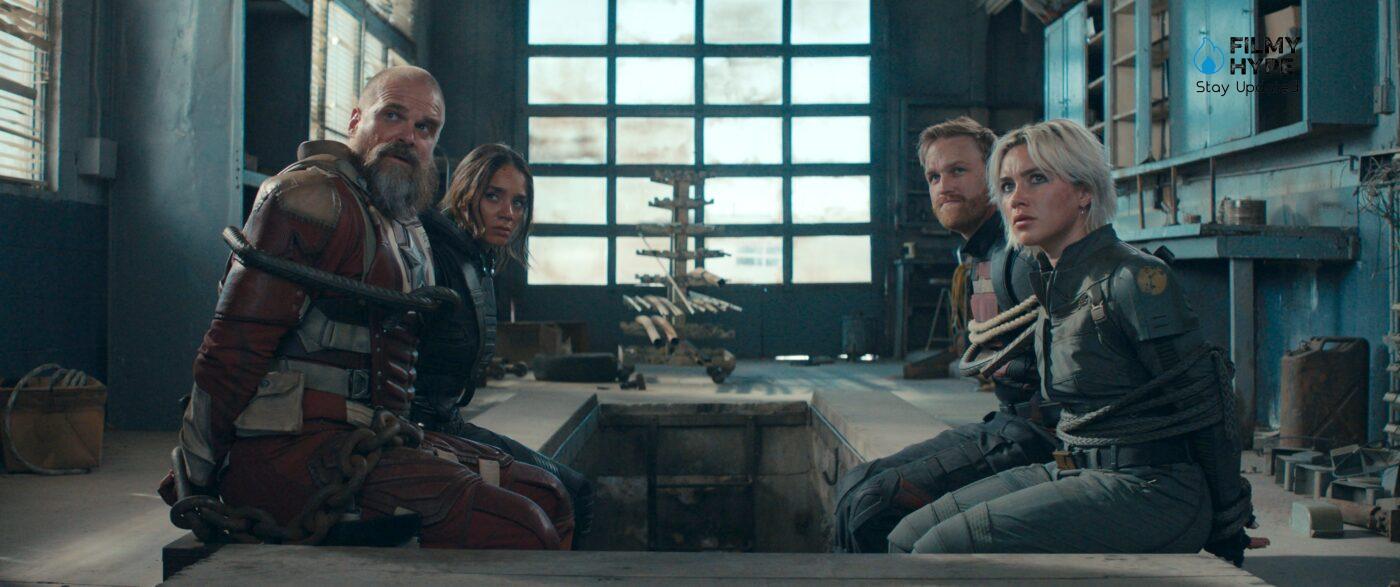
Thunderbolts is just the triumph of the second Marvel lines: after 15 years from joining the MCU, always patiently alongside Chris Evans or first-rate stars, Stan makes us glimpse what a superhero film could be that focuses on the skills and not on the star’s aura of its protagonists. Indeed, the star is now him, fresh from an Oscar nomination. Even without having so much to do, it shows great versatility in the comic and dramatic register. The same can be said of Florence Pugh, who in a couple of scenes becomes the emotional heart of the film, rough but also very tender. Even the Bob of Lewis Pullman is interesting, precisely because even if only visually embodied by a different face and presence than usual, which contributes to demystifying the aura “super” of this team.
Thunderbolts Movie Review: The Last Words
Thunderbolts is a cinecomic that focuses on a group of imperfect, charismatic, and past-marked anti-heroes, offering a familiar but interesting story thanks to the strength of the cast and a script that alternates light moments with darker ideas. While resting on a little innovative narrative scheme, the film amuses and works, moving between classic action and more adult reflections, also of a political and psychological cut. Jake Schreier’s direction is simple but careful to distinguish two visual souls – epic and melancholic, accompanying a story that breaks some rules while remaining predictable. Thunderbolts convinces without thrilling, with credible, ironic characters capable of giving new life to a narration made of outcasts and the possibility of redemption. After the latest films that seemed to drag ideas from the past of the MCU and awaiting the arrival of the Fantastic 4 and the news, Thunderbolts is the breath of fresh air that served, as it focuses on characters who have been despite marginal but still have a lot to say. The work of the performers is good, it is only a pity that some of the characters have less space and depth, and that the film finds it a little difficult to mesh in the first act. But when it does, it works great! Needless to say, after so many years, but… watch out for post-credit scenes!
Cast: Julia Louis-Dreyfus, David Harbour, Florence Pugh, Wyatt Russell, Olga Kurylenko, Hannah John-Kamen, Sebastian Stan
Director: Jake Schreier
Where to Watch: In Theaters
Filmyhype.com Ratings: 3.5/5 (three and a half stars)



